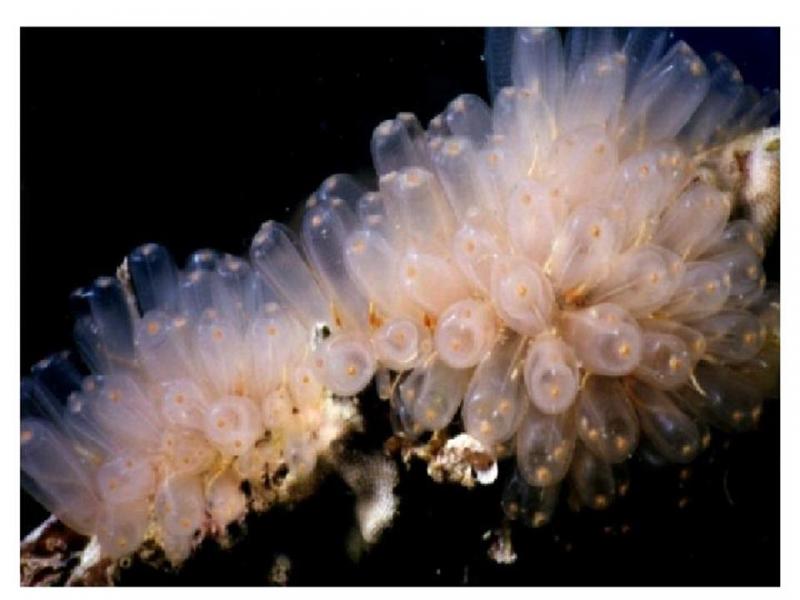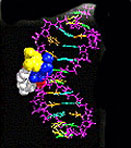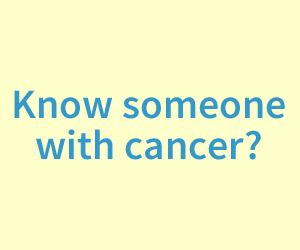ET-743
 Soft tissue sarcomas (STS) aren't very common as far as cancers go. They make up about less than 1% of all new cancer cases in the US each year. As a result, much less attention and fewer resources have been directed towards finding cures or palliative treatments for them. The standard of conventional chemotherapy is currently Doxorubicin and Ifosfamide. These drugs have been in use for STS for decades.
Soft tissue sarcomas (STS) aren't very common as far as cancers go. They make up about less than 1% of all new cancer cases in the US each year. As a result, much less attention and fewer resources have been directed towards finding cures or palliative treatments for them. The standard of conventional chemotherapy is currently Doxorubicin and Ifosfamide. These drugs have been in use for STS for decades.
In the recent years, there have been a small number of new investigative drugs. One of them is ET-743 or Trabectedin (trade name Yondelis) made by the Spanish company Pharmamar.
ET-743 is made from the tissue of a sea squirt known as Esteinascidia turbinate. The squirt can be found at sea bottoms around the world. PharmaMar collects squirts as well as farms them. Meanwhile, researchers at Harvard have successfully synthesized ET-743. Elias J. Corey, winner of the 1990 Nobel Prize in chemistry, believes it's one of the most complicated molecules made on a commercial scale.
Approval status
Yondelis has already been approved in United Kingdom, Germany, Austria, Sweden, Norway, Finland and Denmark for advanced STS cases where standard treatments have failed. It started selling in UK and Germany just last year (October 2007).
In the US, things haven't been moving quite as fast. Researchers at three Harvard-affiliated hospitals—Massachusetts General Hospital, Dana-Farber Cancer Institute, and Brigham and Women's Hospital—have been testing the drug on patients with breast, ovarian, and prostate cancer for quite a while already. The tests showed the drug to be active enough to warrant expanded trials. As of now, there are at least 21 clinical trials listed for ET-743. The most advanced ones are in phase 3. So we're definitely getting there. On a more personal note, our oncologist recently told us that ET-743 is likely to become the next major player for STS.
Effectiveness
ET-743 is an extremely powerful drug. According to this article, A course of treatment consists of nine injections or a total of less than 14 milligrams of the drug. (A single aspirin contains 325 milligrams). ET-743 has also shown activity against breast and ovarian cancers. It’s 100-to-500 times more potent than paclitaxel (Taxol), a drug commonly used against breast and ovarian cancers.
Phase II trials have been going on since 1999. At the Harvard hospitals, these trials were led by George Demetri of the Dana-Farber Cancer Institute and David Ryan of Massacusetts General Hospital. According to this Dana-Farber article, of the first 101 people with advanced soft-tissue cancers who took the drug, tumor shrinkage occurred in 20 and tumor growth stopped in another 31. In other Phase II trials, including those done in Europe, 10-15 percent of patients experienced tumor shrinkage, and the disease stopped progressing in another 30 percent. In addition, it was observed that ET-743 can be given relatively safely to patients without liver disease.
In this article, Bruce Chabner of Mass-Gen quotes: "When given to patients with advanced soft tissue sarcomas‚ Yondelis produced encouraging results. In U.S. phase II trials‚ 47% of patients with advanced tissue sarcoma who had undergone prior chemotherapy treatment either experienced long–lasting tumor shrinkage or stabilization of the disease. In addition‚ 47% of patients who had not received prior chemotherapy also experienced stabilization or tumor regression".
Those numbers are encouraging. We're basically talking about a 1 in 2 chance of having long-lasting tumor shrinkage or stabilization of disease. The question is how long do it's effects last? If anyone has done research on this, please feel free to post comments.
Research papers
More links:
- Press release website for PharmaMar
- 2002 Dana-Farber article talking about ET-743
- An interesting compilation by a leiomyosarcoma patient
- Sarcoma Alliance discussion posting with links for ET-743
- 2007 business article for the investment oriented
ET-743 molecule:




